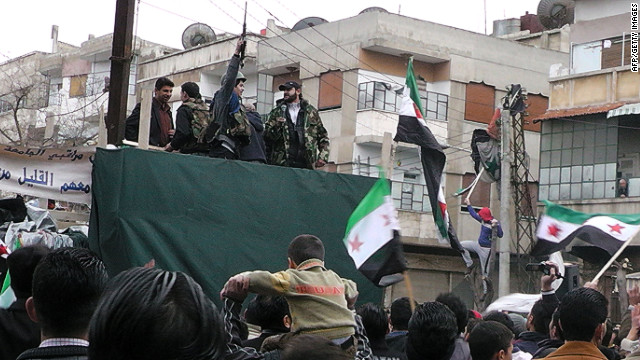By Tyler Yates
Impunity Watch Reporter, Middle East
RIYADH, Saudi Arabia — Starting this month, women in Saudi Arabia will be allowed for the first time to work in lingerie and cosmetic shops.

The change in social policy comes from a royal decree issued last summer, which ordered that sales personnel in shops selling garments and other goods explicitly for women must be female.
The Saudi Arabian Ministry of Labor reports that more than 28,000 women have applied for these jobs, and that the total career opportunities created could top 40,000.
While this would not be news in almost any other country in the world, this is a critical social breakthrough in Saudi Arabia, where historically women have always been excluded from the public work force.
This change comes at a time in Saudi Arabia where women are being educated, at public expense, in increasing numbers. The country’s economic planners have taken note of this development, and are making the necessary changes to capitalize on their economic output.
Saudi society has increasingly accepted the idea that women will work outside of their home. They have long been employed in medicine and education, but retail has long been considered taboo because of its requirement of interaction with men.
The campaign to change the rules related to women working in lingerie stores was started by Reem Asaad, an activist and fashion-conscious financial advisor. The movement almost succeeded in 2006, but was ultimately trumped by religious conservatives.
This new decree has the personal backing of King Abdullah, and his newly installed Minister of Labor, Adel Fakieh.
Under the new law, the country’s thousands of lingerie and cosmetic shops have until June to replace their male employees with women. The country’s feared religious police have been ordered to cooperate.
The change should likely not be viewed as a proponent of an upcoming enlightenment in Saudi Arabia. Much of the support for allowing women to work is from the necessity of economic output in a country with rising living expenses.
In the future, it is likely that more jobs will become available to women, however such changes will include vehement opposition.
Many of the rights still denied to women, such as the right to drive, would make the transition much easier, and likely will come up for discussion as a result of the new changes.
For more information, please see:
The Telegraph — Men banned from selling lingerie in Saudi Arabia — 22 Jan. 2012
New York Times — Saudi Women Shatter the Lingerie Ceiling — 21 Jan. 2012
FINS — The Way to Sell Lingerie — 19 Jan. 2012
Jerusalem Post — Saudi Arabia bans men from selling lingerie — 04 Jan. 2012



